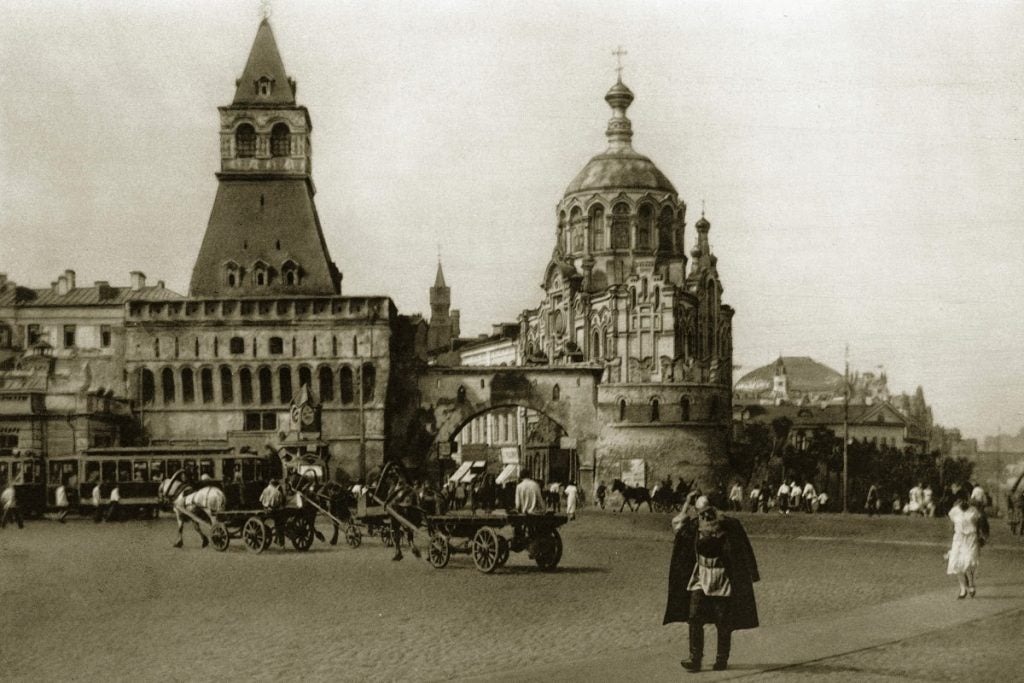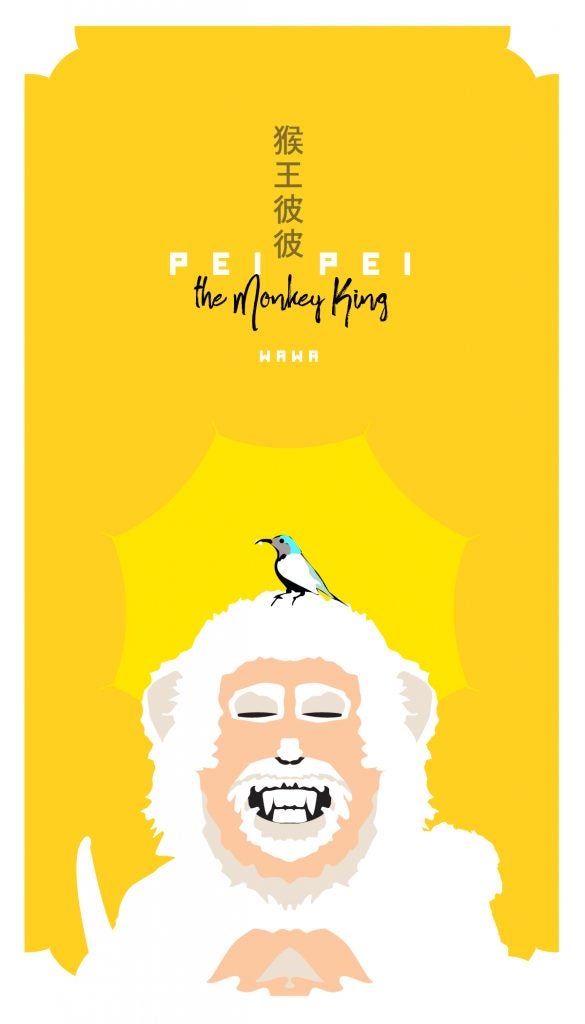On “Our Sudden Museum”: An Interview with Robert Fanning
“Among this book’s major themes and images is that of the house—that structure that is often what holds a family. What happens when that house is emptied of its inhabitants? When that house has grown vacant, or has become abandoned by the departure or passing of those who lived there?”
On “Our Sudden Museum”: An Interview with Robert Fanning Read More »
“Among this book’s major themes and images is that of the house—that structure that is often what holds a family. What happens when that house is emptied of its inhabitants? When that house has grown vacant, or has become abandoned by the departure or passing of those who lived there?”








